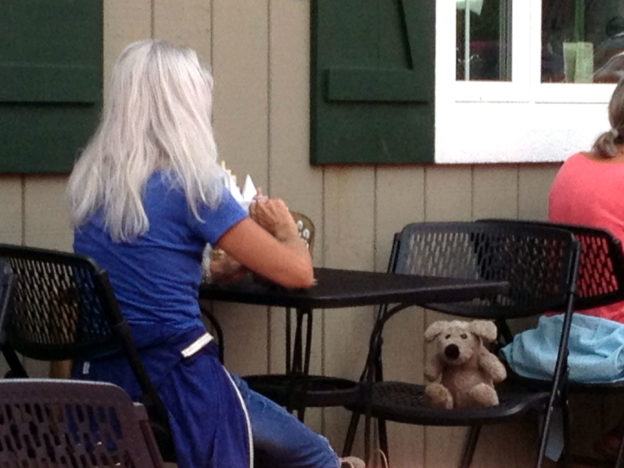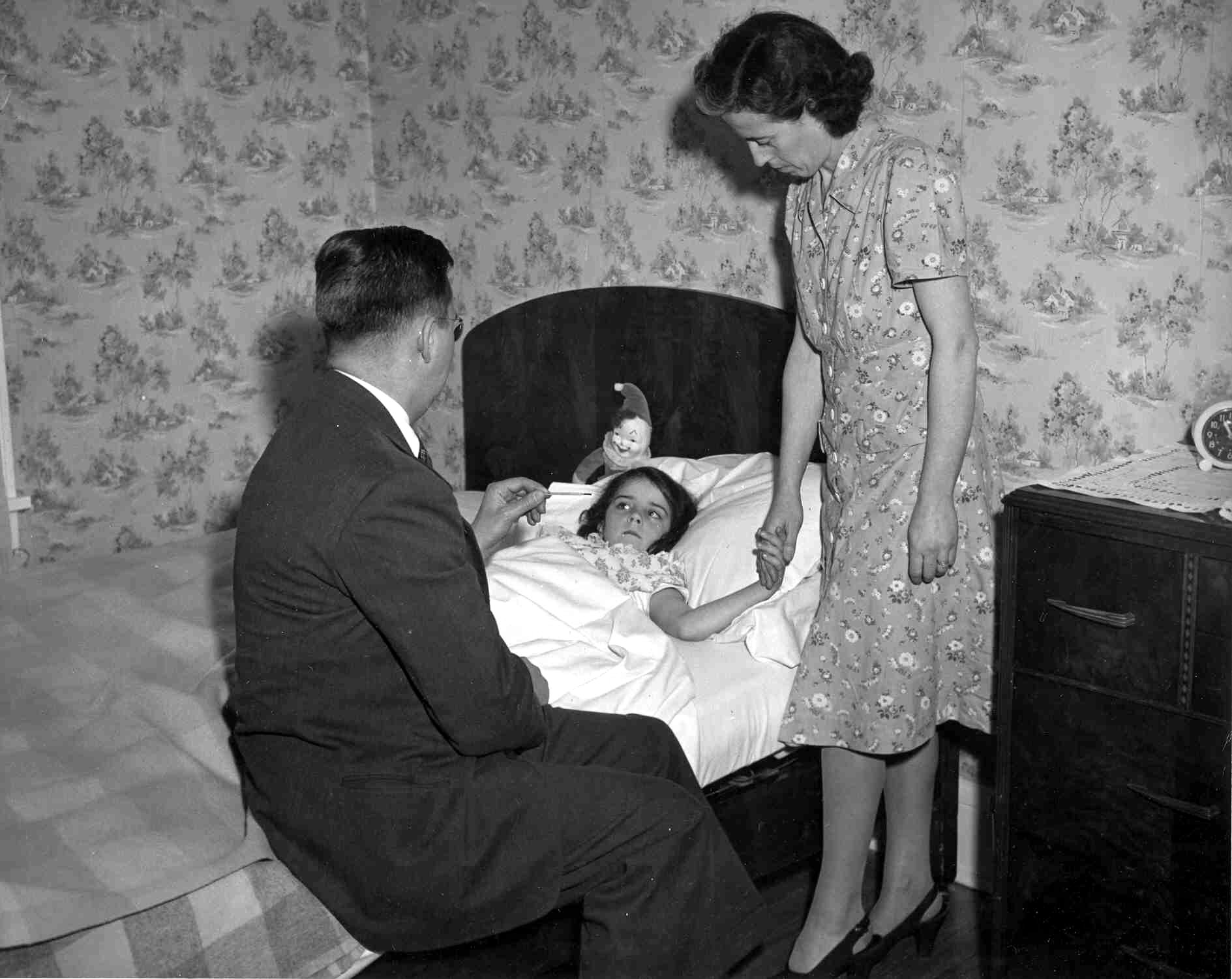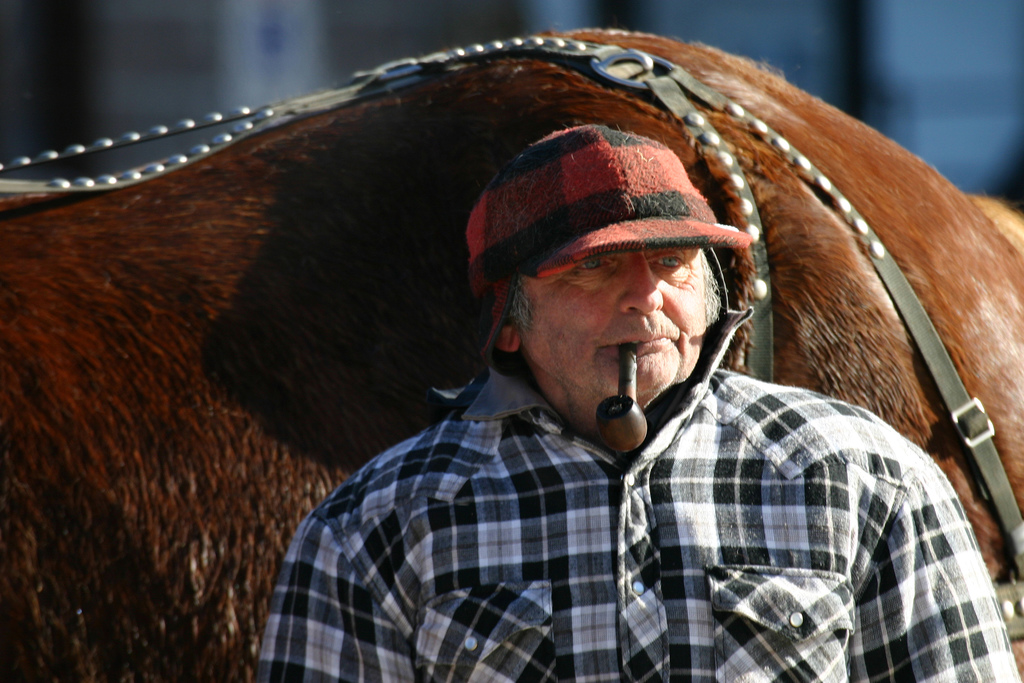It was a beautiful afternoon to enjoy lunch on the restaurant’s outdoor patio. We were waiting for our meal when I noticed a lady sitting alone at a table near ours. What I saw in the chair across from her intrigued me. I looked around to see if anyone was watching, and I quickly recorded the odd scene with my cellphone.
Normally, I would just make up a story to fit an unusual situation like this, but the lady’s melancholy movements kept drawing my attention back to her. Half way through my burger–completely out of character for me–I excused myself. The lady seemed less startled than I was when I turned an empty chair around next to her table and swung a leg over the seat.
“I’m so sorry to intrude. I’m really not like this. Do- do you mind?”
She drew back, ever so slightly, pursed her lips, and looked me over. Her watery blue eyes narrowed, but she finally sighed and shook her head. Just once.
“I- I’m really not … I’m a writer. Oh, well, I try. To be a writer, I mean.”
A tiny smile brushed across the fine lines on her cheeks and then hid behind the clouds in her eyes.
“I- I make up stories. About people. But .. but I don’t want to make up yours. Your story, I mean.”
She tilted her head at the chair across from her and glanced at the quiet gray form in the chair. Without moving her head, her eyes came back to me, and both eyebrows lifted a fraction of an inch.
“Yes. I’d like to hear his story, too. And yours. From you. Well, of course, from you.” I could have sworn I heard a chuckle from that quiet gray form. But no one counts on my hearing for much of anything.
After a sip of tea, she looked down at the map of her life, purple roads crisscrossing the backs of her hands. “I once had a little gray dog. He was a Miniature Schnauzer. Are you familiar with the breed?”
“I am. Very, actually.”
She nodded a quiet approval. “Then you probably know.”
“I think I probably do.”
“After my husband … Cooper. My dear little Schnauzer’s name was Cooper. We were hardly ever apart. Most of eighteen good years. He was so smart, so faithful. Last summer, today …”
“I’m so sorry.”
“Thank you.”
A moment of silence quietly passed between us.
“A puppy?”
She shook her head. “Oh, I wanted to. But I couldn’t … I wouldn’t.”
A tired smile slowly reached the faraway look in her eyes.
“You’re a writer, yes? Well, you see, my story is in its final scene. But it’s okay. I’m not alone.”
We both looked at the quiet gray form in the chair across from her.
“I call him Cooper, too.”


